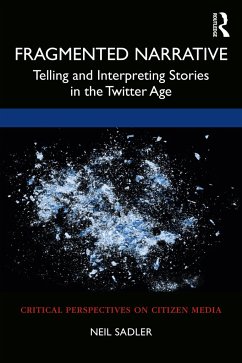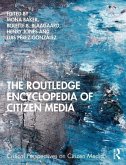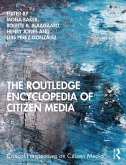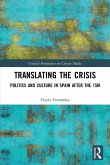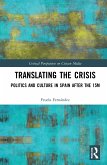With the rise and rise of social media, today's communication practices are significantly different from those of even the recent past. A key change has been a shift to very small units, exemplified by Twitter and its strict 280-character limit on individual posts. Consequently, highly fragmented communication has become the norm in many contexts. Fragmented Narrative sets out to explore the production and reception of fragmentary stories, analysing the Twitter-based narrative practices of Donald Trump, the Spanish political movement Podemos, and Egyptian activists writing in the context of the 2013 military intervention in Egypt.
Sadler draws on narrative theory and hermeneutics to argue that narrative remains a vital means for understanding, allowing fragmentary content to be grasped together as part of significant wholes. Using Heideggerian ontology, he proposes that our capacity to do this is grounded in the centrality of narrative to human existence itself. The book strives to provide a new way of thinking about the interpretation of fragmentary information, applicable both to social media and beyond.
Contributing to the emerging literature in existential media studies, this timely volume will interest students, scholars and researchers of narrative, new media and language and communication studies.
Sadler draws on narrative theory and hermeneutics to argue that narrative remains a vital means for understanding, allowing fragmentary content to be grasped together as part of significant wholes. Using Heideggerian ontology, he proposes that our capacity to do this is grounded in the centrality of narrative to human existence itself. The book strives to provide a new way of thinking about the interpretation of fragmentary information, applicable both to social media and beyond.
Contributing to the emerging literature in existential media studies, this timely volume will interest students, scholars and researchers of narrative, new media and language and communication studies.
Research has yet to fully grapple with the ways in which our media practices have been shaped by our engagement with increasingly fragmented media texts. This powerful book remedies that, showing how narrative still plays a fundamental role in our experience of tying together disparate pieces of information. Media platforms may evolve, but narrative still lies at the core of human existence.
Emiliano Treré, Cardiff University, UK
Emiliano Treré, Cardiff University, UK

